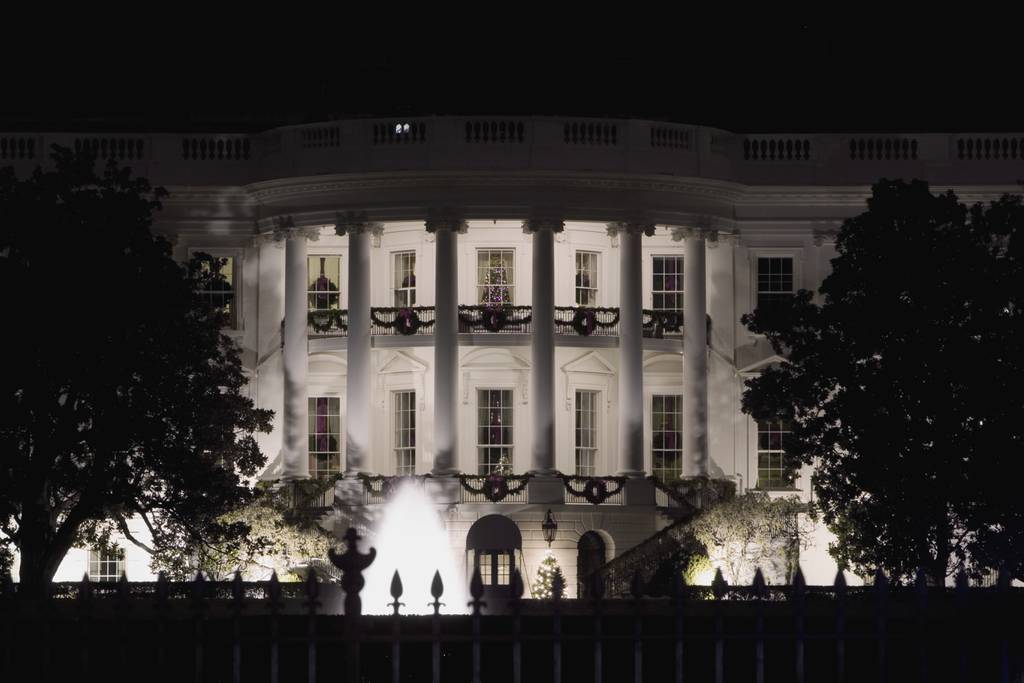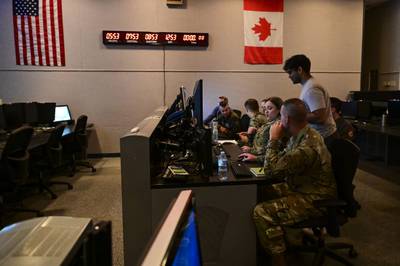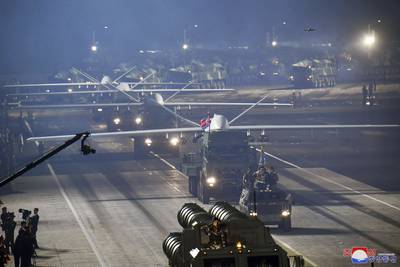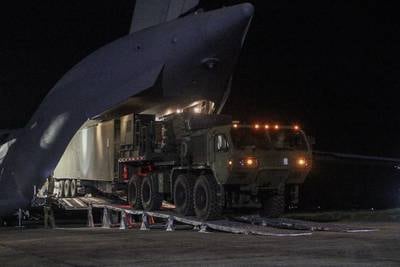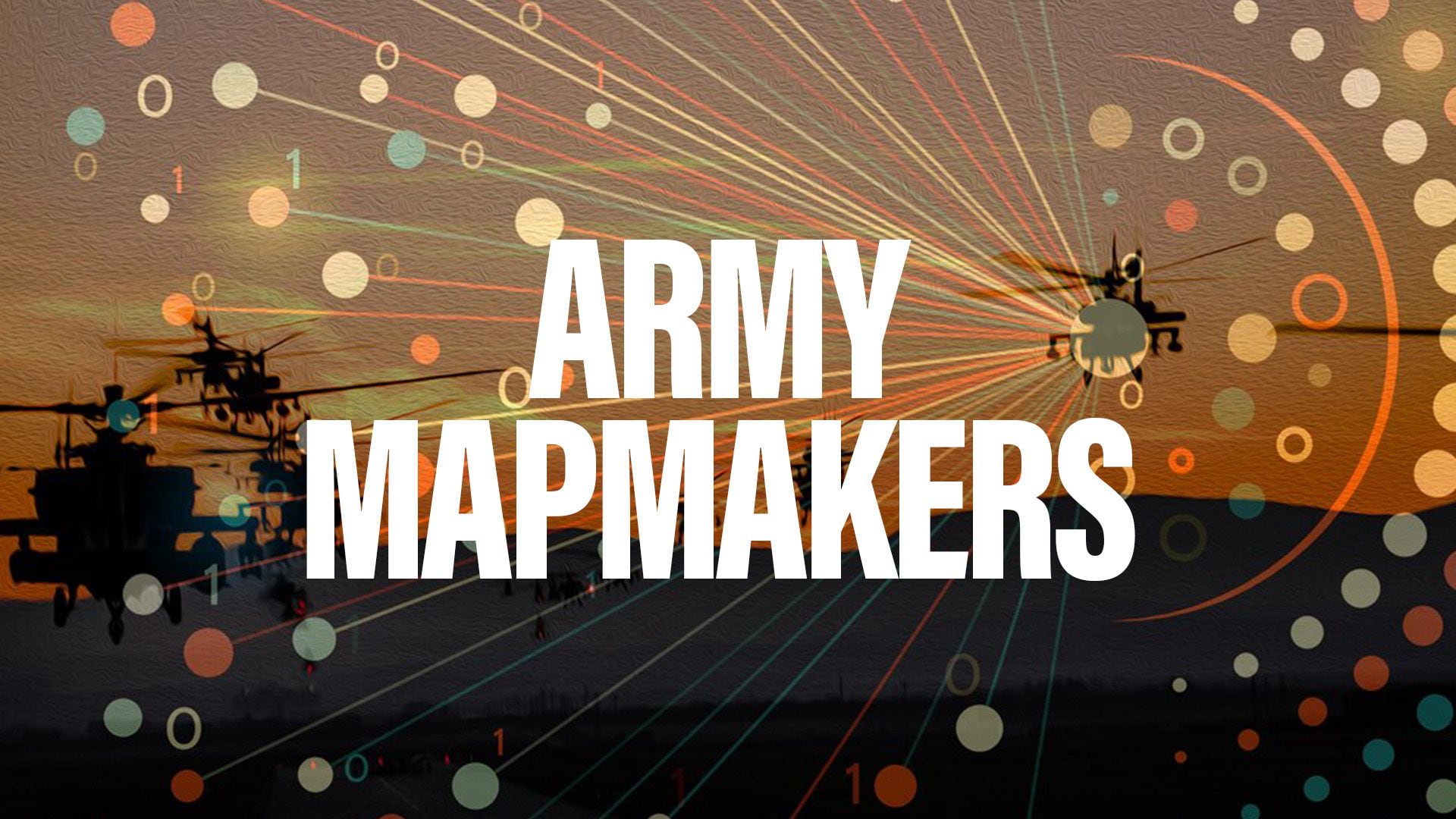There are few people that would doubt 2017 is likely to go down as another record year for cyberattacks. There is no doubt there are many more national cybersecurity questions than there are answers these days. There seems to be a fair amount of cautious optimism that President Trump will be tough on the cybersecurity issues that are facing the United States and our allies. His recent naming of Rudy Giuliani as his cybersecurity adviser has increased the optimism. So the big question is: What are the significant cyber issues that the new administration is likely to face?
One that has come up for the past few years — and likely to continue to come up until we all become aware of an actual incident — revolves around a fatality directly resulting from a cyberattack. A cyber murder or cyber assassination, if you will. That would likely bring about significant changes in the way we deal with the continuous bombardment of our connected systems and devices. It is only a matter of time until such an incident occurs and is widely publicized by the media. Some believe that would constitute an act of cyberwar if it was traced back to some action taken by a nation state. Will that happen in 2017? It is possibly but not likely. Or at least let's all hope so.
Another popular question and a bit of a follow-on to the one above: Will 2017 be the year a cyberwar occurs somewhere in the world? What has added fuel to the fire was Forrester; the technology and market research company predicted within the first 100 days of Trump's presidency, the administration will face a cyber crisis. There are a number of scenarios that could likely result in cyber hostilities, but no one really has defined what constitutes an act of cyberwar. It is likely that a number of incidents will go right up to the red line, but nation states are not likely to step over the line. However, virtual states, terrorists and other organizations will certainly push the line to the point where it could be considered an act of cyberwar. That leads to an interesting question: How do you wage war against a virtual state or highly distributed international organization?
That leads to the third popular question: Is the United States ready for a substantial cyberattack or an actual cyberwar? The answer is simple: No one really knows! There are too many unknowns, options, techniques, targets and outcomes to really know. That is also the reason why no hard and fast definition of what constitutes an act of cyberwar has been defined. It is clear that the Trump administration will face increased challenges in the cyber domain. Working with the private sector on protecting the nation's critical infrastructure must be a high priority. While the nation works to increase the cyber defenses of critical infrastructure, our defense industry must create new cyber weapons that are necessary for this new domain of conflict.
There is little question that the national cyberthreats facing the United States are numerous and daunting. They will challenge the new administrations as well as those to follow. Problems are numerous and solutions are few. Solutions that are acceptable to everyone are not likely in existence. Trump will likely take a much more aggressive approach to national cybersecurity due to the ever-increasing threats.
One thing is certain: National cybersecurity will be one of the most important and challenging areas for the Trump administration and those that follow. It will likely require initiatives that go far beyond military and intelligence entities. It will require diplomatic actions, as well. Addressing the national cybersecurity challenge will require increased international cooperation and coordination. It will also likely require new technology solutions (offensive and defensive). What is truly needed to address this growing threat is far larger and far more complex than many realize.
